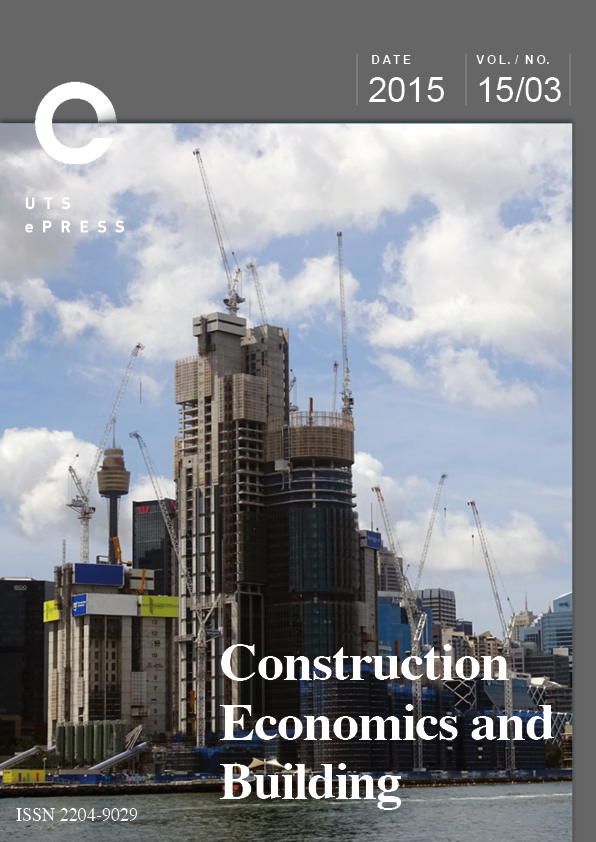The Culture of Construction Organisations: the Epitome of Institutionalised Corruption
Main Article Content
Abstract
The culture of an organisation is a vital element of business competency that must align with its strategic goals, and enhance peoples’ perceptions, feelings and behaviour in adapting to the world around them. Organisational culture may also bring about negative practices such as dishonesty and unethical behaviours. Recently the culture of some construction organisations has been called into question. For example, major construction projects around the globe have become involved in allegations of fraud and corruption. The cost is currently estimated at US$860 billion globally; with forecasts that it may rise to US$1.5 trillion by 2025. Hitherto the role of the culture of construction organisations in fraud and corruption activities has been largely hidden. The study aim is to establish whether the culture of construction organisations promotes corrupt practices in the UK construction and infrastructure sector. The study employed mixed research methods with interviews supported by a questionnaire and an examination of five case studies in different countries. Findings show that the culture of construction organisations together with the nature of the industry promotes fraud and corruption. The study subsequently highlights key cultural factors that support fraud and corruption in a way that is almost institutionalised.
Article Details
Section
Authors who publish with this journal agree to the following terms:
a) Authors retain copyright and grant the journal right of first publication with the work simultaneously licensed under a Creative Commons Attribution License that allows others to share and adapt the work with an acknowledgement of the work's authorship and initial publication in this journal.
b) Authors are able to enter into separate, additional contractual arrangements for the non-exclusive distribution of the journal's published version of the work (e.g., post it to an institutional repository or publish it in a book), with an acknowledgement of its initial publication in this journal.
c) Authors are permitted and encouraged to post their work online (e.g., in institutional repositories or on their website) prior to and during the submission process, as it can lead to productive exchanges, as well as earlier and greater citation of published work (See The Open Access Citation Advantage Service). Where authors include such a work in an institutional repository or on their website (ie. a copy of a work which has been published in a UTS ePRESS journal, or a pre-print or post-print version of that work), we request that they include a statement that acknowledges the UTS ePRESS publication including the name of the journal, the volume number and a web-link to the journal item.
d) Authors should be aware that the Creative Commons Attribution (CC-BY) License permits readers to share (copy and redistribute the work in any medium or format) and adapt (remix, transform, and build upon the work) for any purpose, even commercially, provided they also give appropriate credit to the work, provide a link to the license, and indicate if changes were made. They may do these things in any reasonable manner, but not in any way that suggests you or your publisher endorses their use.
